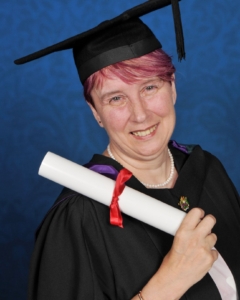Dyscalculia
is a specific maths learning difficulty
Many individuals who have dyscalculia have no other difficulties and are achieving at expected levels in all other subjects, some may of course have other difficulties such as dyslexia, ADHD, and dyspraxia which often co-occur.
Difficulties in an individual’s ‘sense of number’ can lead to problems in calculations, the ability to count either forwards or backwards, confusion with mathematical symbols and language, misunderstanding the role of place value, estimations can seem wild as they have no basis, the magnitude of amounts is not appreciated which subsequently impacts on the ability to manage money and time.
Often people with dyscalculia have other cognitive issues with their working and/or visual memory, non-verbal reasoning, processing speed, attention and concentration. These contribute to their lack of confidence and increased anxiety when required to use maths in everyday tasks.
There is a great deal less known about dyscalculia than dyslexia. I’ve even met class teachers who do not know what it is let alone how to teach students with this specific learning difficulty.



